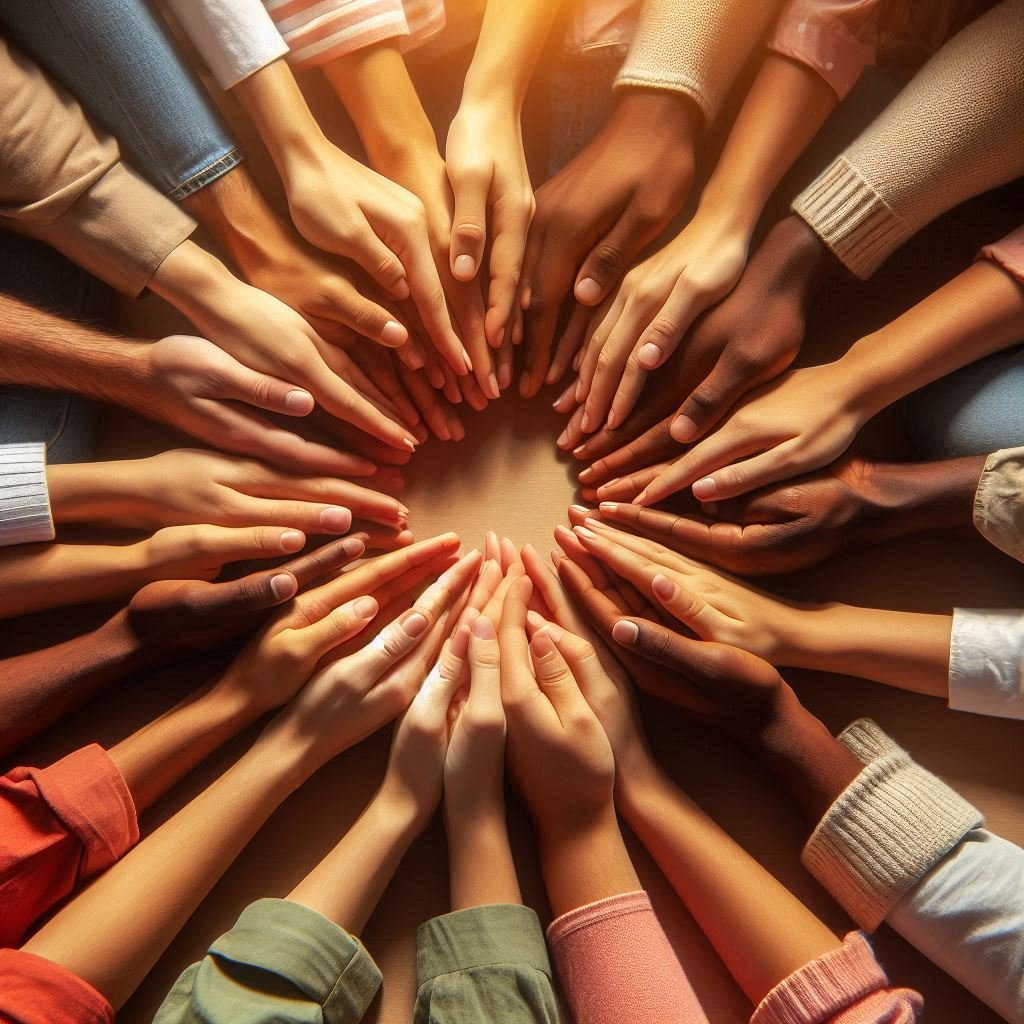Why I Don’t Believe in Representation Politics
Representation politics can serve as a cosmetic veneer that masks the persistence of systemic issues.
In today’s world, the notion of representation politics is often celebrated as a sign of progress. While representation has undoubtedly opened doors and fostered important conversations, it is crucial not to mistake symbolic change for an alignment with our own individual political ideologies - whatever they may be. When uncritically embraced, people may not only blindly vote against their own interests, but representation politics can also serve as a cosmetic veneer that masks the persistence of systemic issues.
At its core, representation politics suggests that simply having someone who looks like a member of a particular group in a position of power will automatically lead to meaningful change. However, this belief can discourage necessary critical inquiry. When communities rally behind a politician, celebrity, or public figure solely based on their demographic identity, they risk overlooking the complexities of political ideology, ethics, and policy. In doing so, they may inadvertently shield established power structures from scrutiny, mistaking representation for genuine progress.
A common argument for representation politics is that it democratises power. Yet history reminds us that when an oppressed group ascends to power, it risks reproducing the very forms of domination it once resisted. When power is understood solely through the lens of identity or social class, familiar - and often oppressive - patterns of behaviour can be easily rationalised. This is not necessarily a failure on the part of the representative individual but a reflection of a system in which the language of oppression has been deeply internalised. When this is all that is known within a hierarchical structure, even the redistribution of power can end up following the same old rules. Just look at our political institutions, our economy, or the ways in which we are socialised - they are all interconnected, reinforcing the structures we inherit.
My favourite show, ‘Game of Thrones’, offers a compelling example of these dynamics through Daenerys Targaryen’s struggle to break the chains of slavery. Her campaign to conquer the slave cities and grant freedom is rooted in noble intentions, yet it also highlights the dangers of overlooking the societal complexities inherent in systemic change. In regions where the economy is heavily reliant on slavery, Daenerys should have anticipated the urgent need for a plan to rebuild the social and economic structures she was dismantling. Instead, by destroying the existing system without providing a viable alternative, she inadvertently causes chaos and the collapse of the very regions she seeks to liberate.
"I will not let the people I freed become slaves again." - Daenerys Targaryen
In her efforts to secure peace, Daenerys - despite her idealism - finds herself forced to make concessions with the slavers, betraying her initial desire to end their oppressive rule altogether. This failure is not a reflection of her commitment to freedom but rather an outcome of the deep-rooted power structures she inherited. Her story encapsulates the challenge of enacting real change without first gaining a comprehensive understanding of the complexities of the systems in place.
Exploitation and the Weight of Expectation
Another troubling aspect of representation politics is the pressure it places on public figures. Politicians, celebrities, and other influential individuals are often seen as the de facto spokespersons for their communities. This expectation can be exploited: such figures may use the perception of representation to gain votes, popularity, or wealth while evading the broader responsibilities their communities impose on them. This creates a delicate dance of deception, where communities demand more than these individuals are willing-or able-to offer, based solely on appearance rather than a shared commitment to specific values or policies.
To play devil’s advocate for celebrities and public figures, who are not politicians and were never elected to represent the people, we shouldn’t place so much weight on their political opinions. Their expertise lies in their craft, not in governance or policy-making, and relying on a celebrity’s endorsement to guide your vote is misguided. Wealth and fame often create a vastly different reality from that of the average person.
Many celebrities, for the sake of good publicity, will perform solidarity, voicing support for causes their fans care about, without truly understanding the socioeconomic struggles those same fans face. This dynamic places high-profile figures in a precarious position, caught in the push and pull of political expectations. Take superstars like Beyoncé and Taylor Swift, for example - both have enormous, diverse fan bases spanning the entire political spectrum. It’s impossible for all their fans to share the same ideological beliefs, yet their influence can still sway political narratives. But should it? Just because someone resonates with their music doesn’t mean they share the same lived experiences or economic struggles.
Reports suggest that both Beyoncé and Taylor Swift are now billionaires. With that level of wealth and status, their priorities may have shifted toward preserving their place within the elite, potentially aligning more with capitalist interests than with the racial, gender, LGTBQ+, or socioeconomic causes they publicly support. Yet, they may still feel compelled to maintain a progressive image to remain relatable and representative of the communities they came from.
At the end of the day, the responsibility to fight for political change should fall on policymakers and elected officials, not entertainers. Placing undue pressure on celebrities to champion specific ideologies not only distorts their role in society but also distracts from the real agents of change.
True Representation
For me, true representation transcends superficial markers like race, ethnicity, gender, religion, sexuality, or disability. It is rooted in shared values, beliefs, and principles - qualities that are far more indicative of one’s political stance than mere appearance.
Ultimately, the onus of meaningful political engagement lies with each of us. Whether we support a politician, celebrity, or public figure, it is crucial that we critically assess whether they truly share our values, beliefs, and political ideologies. We must take personal responsibility for our own political beliefs and continually re-examine them as the world evolves. By doing so, we can strip away biases and prejudices, ensuring that our support is driven by substantive principles rather than superficial representation. Only through this introspection and critical engagement can we aspire to build a society that is as just and inclusive as it claims to be.

